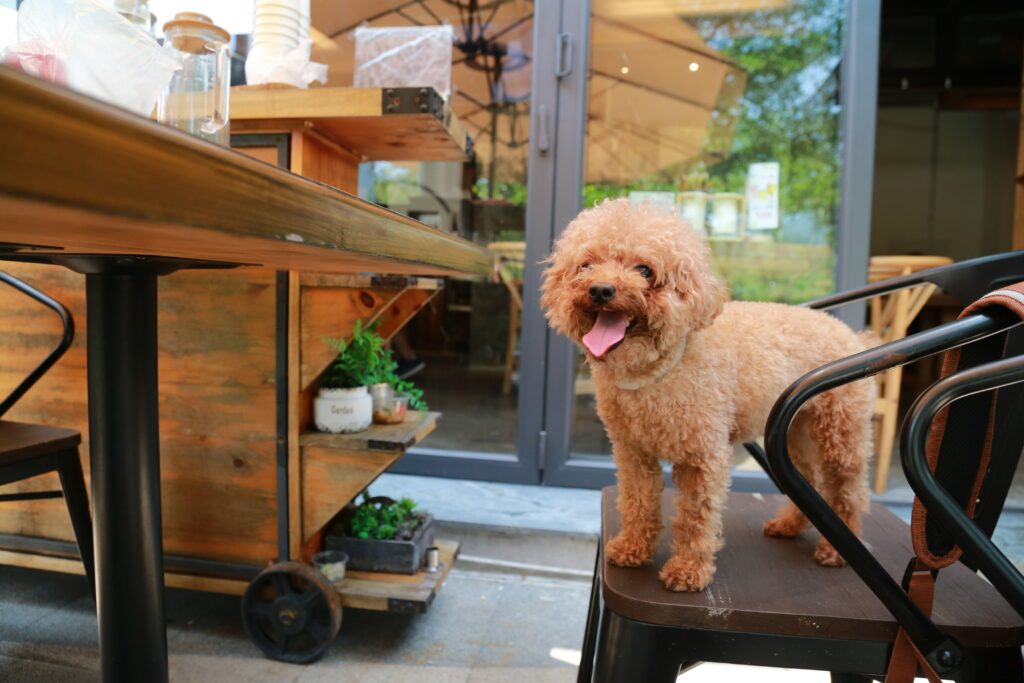There is a move towards abolishing restrictionss
In Spain animals cannot be in kitchens or supermarkets but they can be in bars and restaurants where food is served.
One in three households has a pet in Spain. For those with dogs, going on walks and carrying out everyday activities together is the norm. However, our four-legged companions meet with a range of obstacles when it comes to entering establishments since by law they are not allowed to enter a commercial premise where food is prepared, sold or stored.
The only exception is catering establishments (restaurants and bars) where municipal legislation can rule on whether or not dogs are allowed to enter them. This creates a huge disparity across Spain, but in general the big cities tend to be more dog friendly. In truth, nearly all the city hall municipalities let the bar and restaurant owners decide. Although there are exceptions such as Aragón and cities such as Melilla, Santander or Pamplona where entry is, as a rule, explicitly prohibited.

The good news is that in recent years freer access to establishments is on the rise.
This is very good news considering that 40% of households have at least one pet. In Austria, Germany or Switzerland, and more recently in Spain, civil codes no longer consider animals as things but as sentient beings.
Progress towards pet inclusion is gradually being made and in this vein, one of the projects that our Foundation is working with is the creation of a Pet Lover directory that will list a large network of establishments that allow pets entry.
